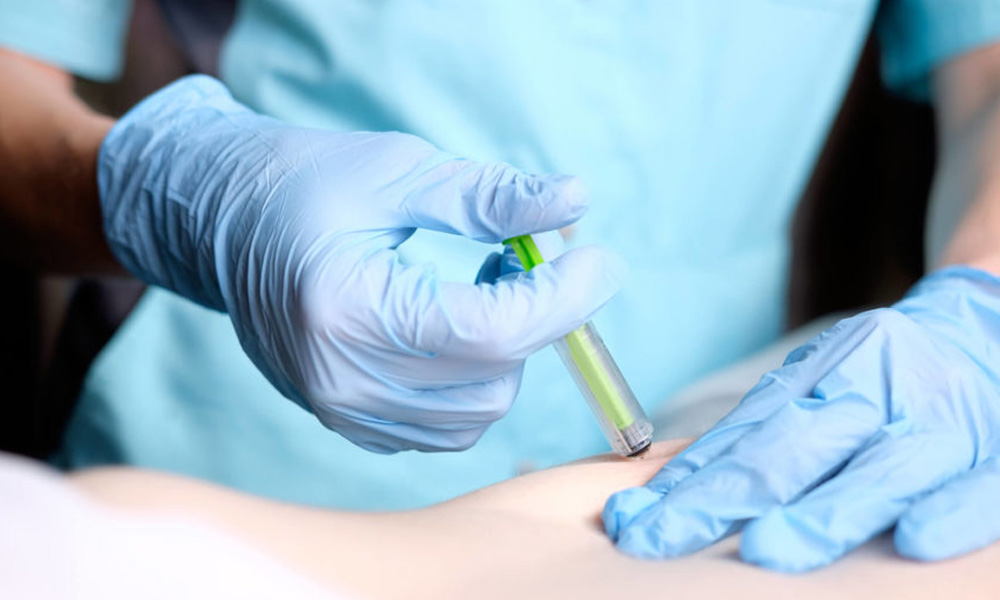
Injection service refers to the administration of medications or vaccines through injection into the muscle, subcutaneous tissue, or veins. Injections are commonly used to deliver medications that cannot be taken orally or to provide a more immediate effect of the medication.
Injection services typically involve a healthcare professional, such as a nurse or physician, who is trained in injection administration. Depending on the individual’s needs, injection services may involve a combination of the following services:
- Injection administration: Healthcare professionals will administer medications or vaccines through injection into the muscle, subcutaneous tissue, or veins.
- Site preparation: Healthcare professionals will prepare the injection site by cleaning the area with antiseptic solution and ensuring that the area is dry.
- Monitoring of vital signs: Healthcare professionals will monitor the individual’s vital signs, such as blood pressure, heart rate, and oxygen saturation, to ensure that they are stable and that the injection is being administered safely.
- Management of complications: Healthcare professionals will manage any potential complications that may arise, such as bleeding, infection, or allergic reaction.
- Patient education: Healthcare professionals will educate individuals on the purpose of the injection, potential side effects, and instructions for care after the injection.
Overall, injection services are an important aspect of medical care for individuals who require medications or vaccines that cannot be taken orally. By providing specialized care and support, injection services can help individuals manage their medical conditions, prevent complications, and improve their overall health outcomes.